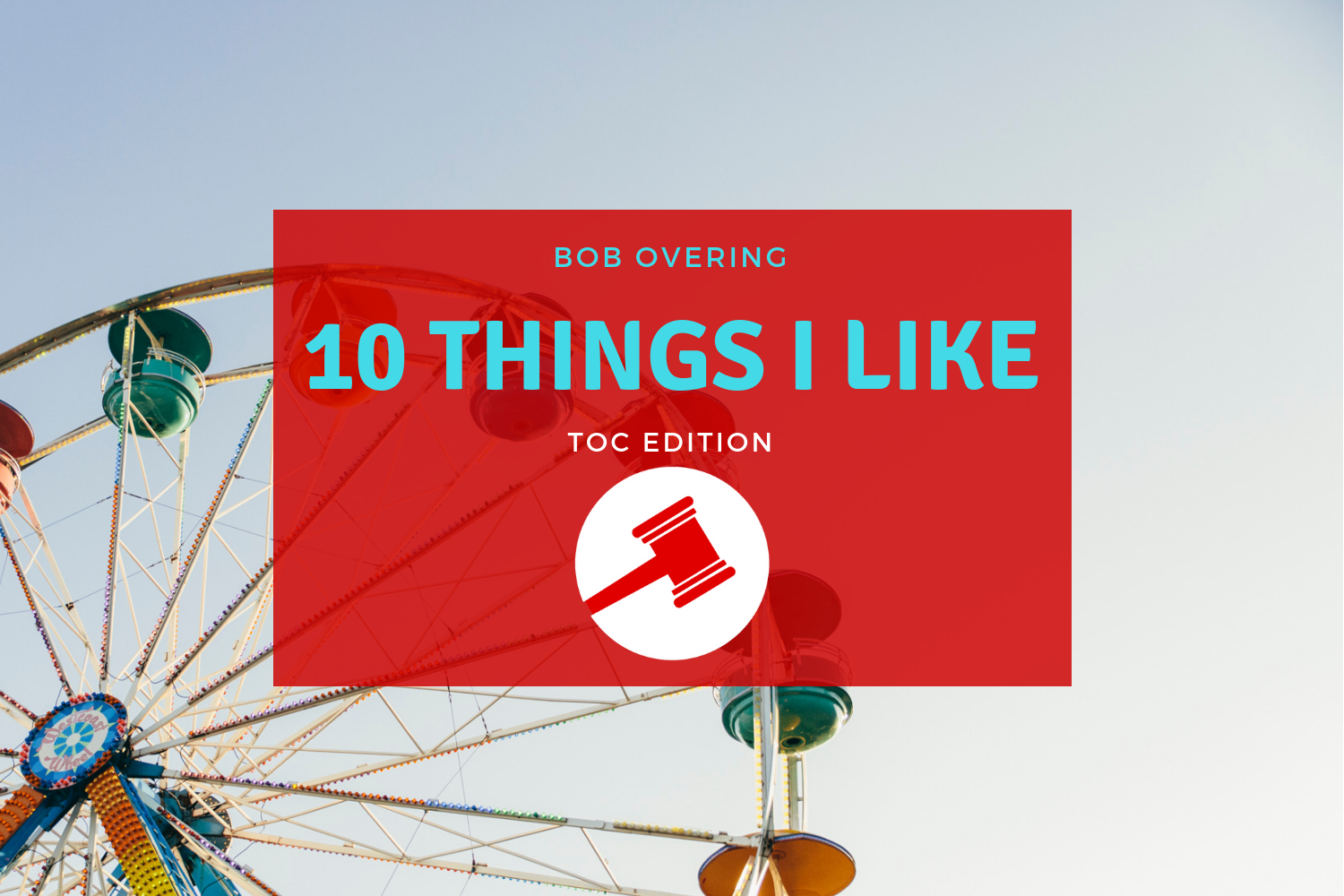Independents: Give Us a Chance by Anonymous

The views and opinions expressed in this article are those of the author and do not reflect official positions of Premier Debate.
Introduction
“We will not accept independent entries.” Those words are written across many tournament info pages in the national circuit. To name a few: Apple Valley, Glenbrooks, Greenhill, and St Marks. This article invites tournament directors to explain why the plight of independent debaters have been largely ignored. The first section will explain away the common concerns of tournament directors including a process that would allow independent debaters to compete without substantial liability problems. The second section will demonstrate why status quo norms on independents are exclusionary and elitist.
Common Complaints
“But tournaments face liability issues”
Most tournament directors do not want independents competing because of liability fears. My solution is twofold. First, require that independent entries travel with parents or a chaperone approved in writing and sent to tournament directors well in advance of the tournament. Second, require that independent entries send a signed liability waiver to the tournament director that acknowledges risks and removes legal liability from the tournament and host institution. This creates two separate layers of protection for schools: an adult who is liable and a waiver so the tournament is never liable.
“But debate will be run by private companies”
Some have worried that debate will become overrun by private club programs as debaters increasingly elect not to debate for their school. This slippery slope argument is unjustified because most independent entries debate independent because they have no choice, not because they want to be a part of some club team. These debaters attend public schools that support debate very minimally if at all. Many schools face budget cuts (like my district) and lack the luxury of a debate coaching staff. Lastly, what is the impact? Debate is already privatized because of the private schooling system. Private schools have the resources to devote thousands of dollars to a debate program, whereas public school debate programs often struggle to exist in the first place.
“But the TOC doesn’t accept independent bids”
First, debate is not just about qualifying to the Tournament of Champions. Even if it’s a priority for your team, it’s not for the vast majority of debaters. Second, the TOC does accept independent entries. The only restriction is these students must be on good terms with their school administration – the TOC is not going to override a school’s decision to prevent a student from competing. Recently, a student from Stuyvesant was not allowed to compete because his principal did not approve of it. In the same year, a student from Torrey Pines attended the TOC as an independent entry with approval from his school.
“But it’s a hassle for me”
A kid is willing to arrange a trip himself, a parent is willing to chaperone, and the family pays thousands of dollars in travel fees and it’s too much of a hassle for you? Presumably, if coaches devote their careers to debate then they should agree that it’s an inherently educational and beneficial activity. Yes, accommodating independent entries will require some effort, but considering the amount of effort independent students give to be able to compete, they should be met with openness, not exclusion. These students love debate so much they’ll go to great lengths to attend a tournament. It’s appalling to deny this opportunity. Are you, tournament directors, only educators for the students who go to elite private schools?
Residues of Privilege
Ironically, many schools that exclude independents have their students read kritikal positions about privilege. One of the most obvious manifestations of privilege is that independents are excluded from debate by people who are hired by wealthy private schools. Many public schools simply do not support debate with the same resources with which private schools do. Public schools cannot put up full time salaries for debate coaches, so having a school-approved chaperone is usually not an option. The best coaches often end up at the programs where they can earn the most money. This is understandable, but it creates an impossible problem.
To compete, you need a school-approved chaperon who can travel across the country throughout the year. For that, you need the money not only to hire said coach but also to outbid wealthier schools to retain that coach. This scenario is one that every independent debater faces.
So I urge tournament directors to explain why smaller, underprivileged programs should be excluded from the activity. Why are these problems so difficult they can’t be overcome by waivers and proper procedures? Why should some get the opportunity to debate and not others? Why do you maintain the elitism of circuit debate?




9 Comments
This article forgot to address one argument. “If independent entries are allowed to compete, school will think that it isn’t necessary to fund debate programs.” Couple problems.
1. Schools like to support academic programs – debate is stock in this sense. Most public schools want to show their success so they support these sorts of activities. So generally, unless the funding is just not there, these programs won’t die out.
2. There is no evidence that school admin teams solely base their decisions in what independent debaters do. Every school that has lost a program in NorCal has been due to budget cuts. Every extracurricular club that had to be supported with a coach was cut. It had nothing to do with “independents”, I assure you.
3. Finally, so what? What is the problem with having debate be completely independent debaters? You may claim that only rich independent debaters can compete then but a couple problems with this. Already you have to live in a wealthy area to have your school support debate or you have to be lucky enough to have a teacher who did debate and sees its value. Or you have to go to a private school that funds debate. Either way, these debaters will be excluded from debate because they likely don’t go to a wealthy school that can cover the costs. At the very least, the independent model of debate increases the amount of accessibility for students who are middle-class, don’t go to rich schools that fund debate but can compete a reasonable amount on the circuit.
If your goal is to actually get policies changed this is an absolutely terrible way to do it. Your tone/the arguments you make are only going to make coaches not want to listen to you. It prob feels good to get off your chest, but its totally counterproductive to getting rules changed- as you can see by the responses of coaches to you on the NDCA. You really need to work on your judge adaptation skills
Couple things
1. I didn’t write this
2. I think the responses on ndca are very productive so I don’t know what you’re talking about. I’ve learned a whole lot more from talking to them.
3. Even though the tone is harsh it’s time to face reality. You guys are using the lottery of birth and arbitrary things to exclude debaters from the activity and have done nothing to prevent the fall of debate from public schools. Is maintaining a debate team only the duty of students who love the activity? Lexy green posted a few resources to the page but have any of you actively helped programs that are losing funding (although props to miss green who adopted a miranonte debater).
Why should we have a holy tone when we meet one word, condscending responses because we aren’t of your statute in the debate community. And frankly nothing in this article is rude. It just points out a contradiction in the fact that coaches advocate for minorities in debate with such zeal and don’t do anything proactive to help independents
(Write the article)
Your conflating lots of kinds of privilege here. If you can afford to spend “thousands of dollars” for a single weekend (and have a parent who can take 3+ days off work that easily, then you are privileged as shit. Don’t act like you’re combating “the lottery of birth and arbitrary things” when you know most kids who go to public schools without a debate team could never possibly compete on the national circuit.
Independent entries lets rich kids at public schools compete, but once those couple rich kids leave the school is no better off. If you want to do debate and your school doesn’t have a team, find a teacher sponsor. The debate team at my public school recieved almost no funding from the school, but we did fundraisers, hosted a tournament to raise money and competed mostly at cheaper local and regional tournaments. That’s a sustainable model for a school’s debate team – there are some rich kids on the team but there are also kids who have their fees covered by the team because they otherwise would be unable to attend tournaments.
Until you actually do something to benefit someone other than yourself, get off your high horse. You’re a rich kid who wants to go to big (super expensive) national tournaments – “Apple Valley, Glenbrooks, Greenhill, and St Marks”. If you can afford to do that, then your life will turn out fine whether you get to be involved in policy debate or not. I don’t have sympathy, and invoking a claim of “lack of privilige” here is pretty shitty. It glosses over lots of people who face real challenges in their lives because of a real lack of privilege
I disagree with a lot of Dhruv’s rhetoric, but I think the general purpose of the article is less about lowering tournament fees (perhaps a fair discussion, but a different one at that), but more so about tournaments who choose to exclude independent debaters on face.
“Sam’s” concept that one could just find a school sponsor and host fundraisers to make money is a romantic one, but in terms of implementation extremely difficult. There are of course legal boundaries in regards to any fundraising at all, but finding a teacher who is willing to commit many weekends of the year for little pay and has little if any experience in debate is a rarity.
Another level is district based attitudes towards debate. In the San Diego area, there’s a clear hostility towards debate that severely limits any travel at all (Brennan Caruthers and the TOC being the most visible example of this of late). It’s more than just meeting a principal to foster positive administrative attitudes towards debate. It’s a long, difficult process that makes a lot of programs hard to maintain and a lot don’t succeed consequently.
It seems that the least a tournament could do is accept independent entries under certain conditions (proof of administrative awareness, designated chaperones, etc. all seem to solve for the problem of legal liability that seems the most reasonable to me at least). There certainly is a level of privilege for being able to even think about bigger tournaments like those octas bids- but especially with the existence of institutions like TDC or Access Debate, there ought to be an attitudinal shift in battling exclusion on economic and administrative levels.
There of course should be certain parameters. Nobody wants high school kids walking around a campus by themselves in the middle of some random place. But I would like to think that coaches and tournaments would want to encourage more debate especially in the face of barriers.
Just curious, what are some bid tournaments for LD that do accept independent debaters?
In my experience – Loyola, Yale, Valley, Bronx, CPS, Voices, USC do take independents. As of last year, Harvard-Westlake (VBT) was able to make an exception.
Beltway at Walt Whitman (a semis bid) also welcomes independents!